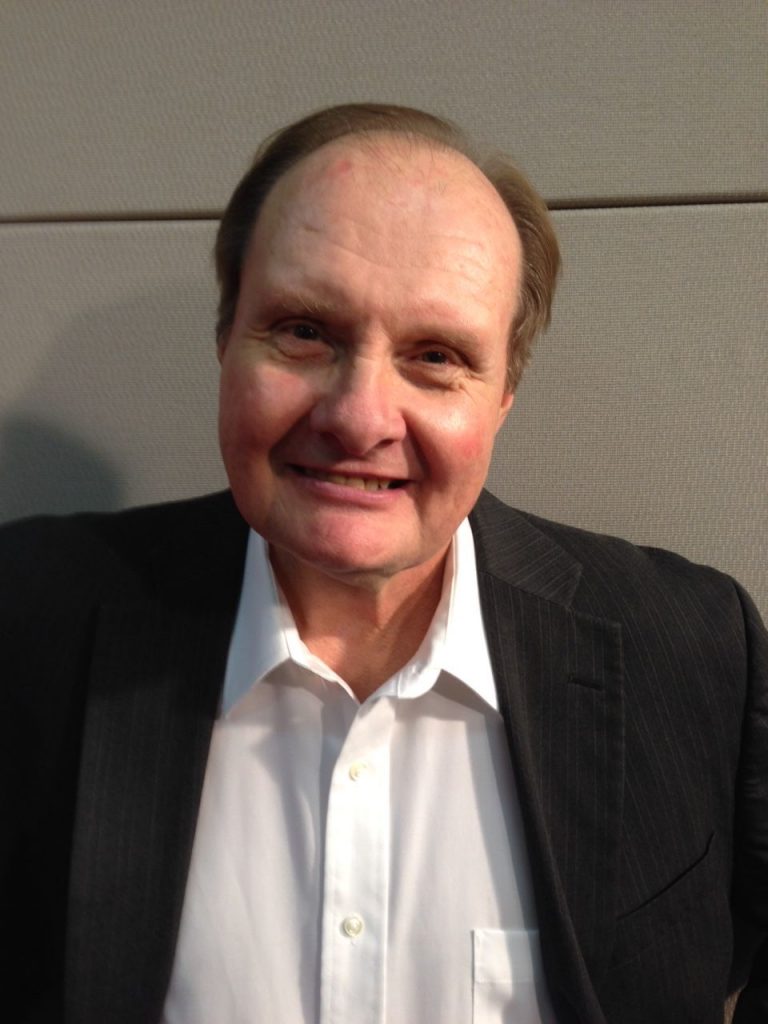Two things happen every morning. The sun rises. A cup of coffee rises to lips.
Two-thirds of Americans start their day with at least one cup of coffee. After water, it’s the most commonly consumed beverage in the U.S.
And you thought it was alcohol. Of course, you always can put some booze in your coffee to really kickstart your day.
From a health perspective, coffee’s reputation has been tenuous for decades and often draws criticism from zealots in wellness circles.
Some of the rap against coffee stems from a 1970s-era study that linked coffee with higher rates of heart disease and certain cancers.
Those associations later were debunked but apparently the word didn’t filter down to those promoting a coffee-free lifestyle.
It turns out that coffee is somewhat of a mixed bag when it comes to health, but not necessarily a life-ending exit stage left.
Coffee drinkers appear to have a lower risk of Parkinson’s disease, type II diabetes, stroke, heart disease, dementia, depression, certain cancers and liver disease.
Coffee also improves cognitive function, which is relatively important so that you don’t spend your waning years thinking you’re Queen Elizabeth.
Now get this. Coffee drinkers evidently have lower rates of death from any cause.
Coffee may not make you immortal, but it seems it will help you live longer so you can make even more trips to Starbucks.
Coffee has short-term perks, such as increased concentration, mental energy and alertness. This may sound familiar to anyone who can’t talk to another human being in the morning without a cup or two.
My Aunt Doris was like that. Of course, she seldom said much after her two cups of coffee.
Just like a battery has a positive and negative side, so does coffee.
It can exacerbate gastrointestinal reflux disease, which has the charming acronym of GERD. In plain English, that means heartburn.
The caffeine in coffee can have disruptive effects on sleep, especially if you guzzle a gallon of it just before bedtime.
Then there is the downside of caffeine dependence. Habitual coffee drinkers who skip their morning cup tend to develop headaches, fatigue and irritability. Steer clear of someone like that if their work station adjoins your cubicle. Or pour them a cup of coffee.
Overdoing it on caffeinated coffee can lead to anxiety, tremors, gastrointestinal upset and palpitations, all of which can put a kink in your day.
Caffeinated coffee can cause dehydration in the short term, but this diuretic effect is diminished by regular consumption. So drink up. The same is true for blood pressure.
I never went to medical school, but I did stay at Motel 6 once. Which enables me to say, as I pour my third cup of coffee of the day, that overall coffee appears safer than drinking nitroglycerin – pending the next study.
Besides, not everything we do in life has to concern itself with health consequences.
We’re not going to live forever anyway. We all have a checkout time that in the end is not of our choosing.
So follow Monty Python’s advice and look on the bright side of life. Drink coffee and be merrier than Robin Hood and his merry men who all started their day with a cup of coffee. Unlike the dastardly Sheriff of Nottingham.




